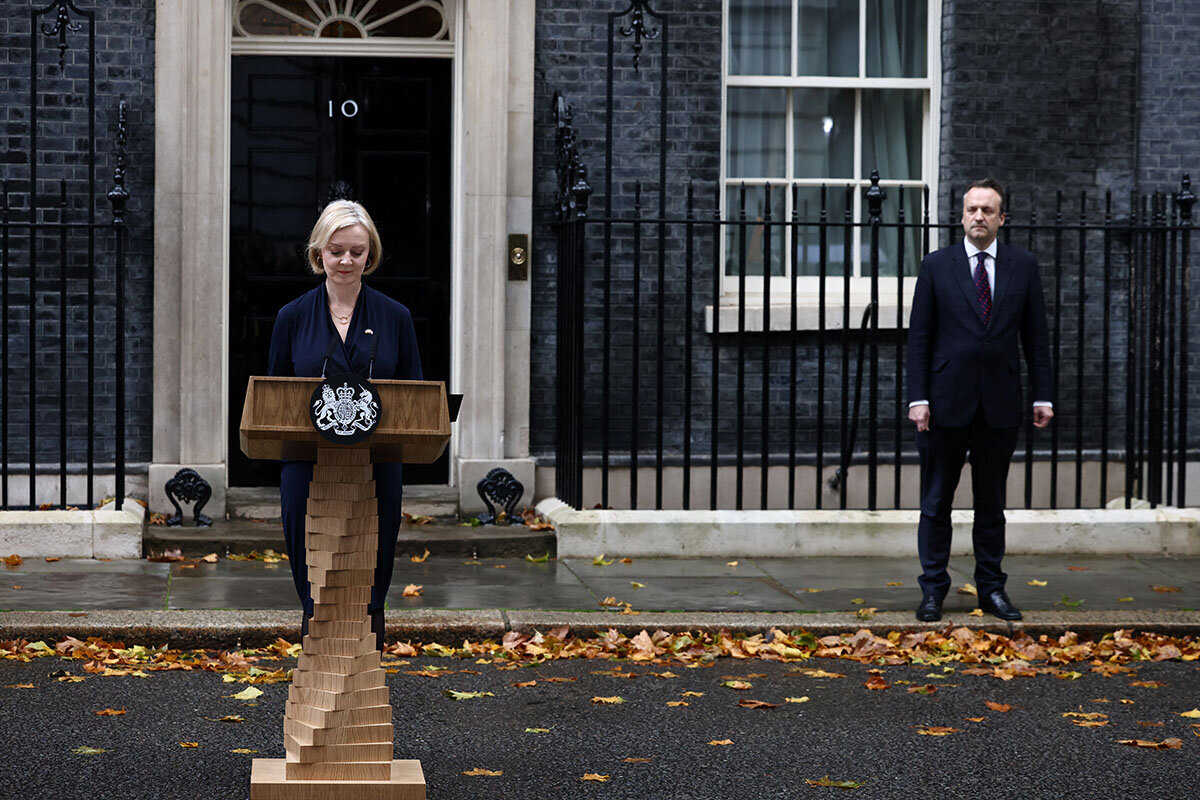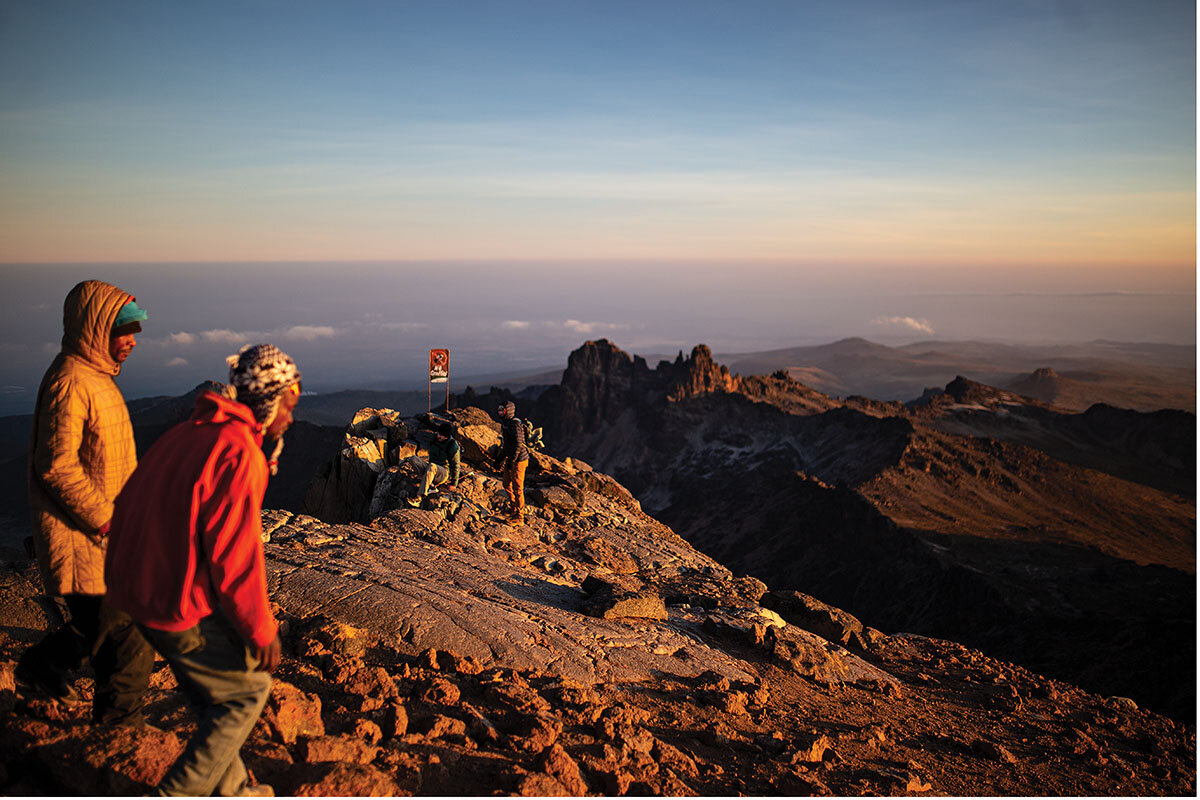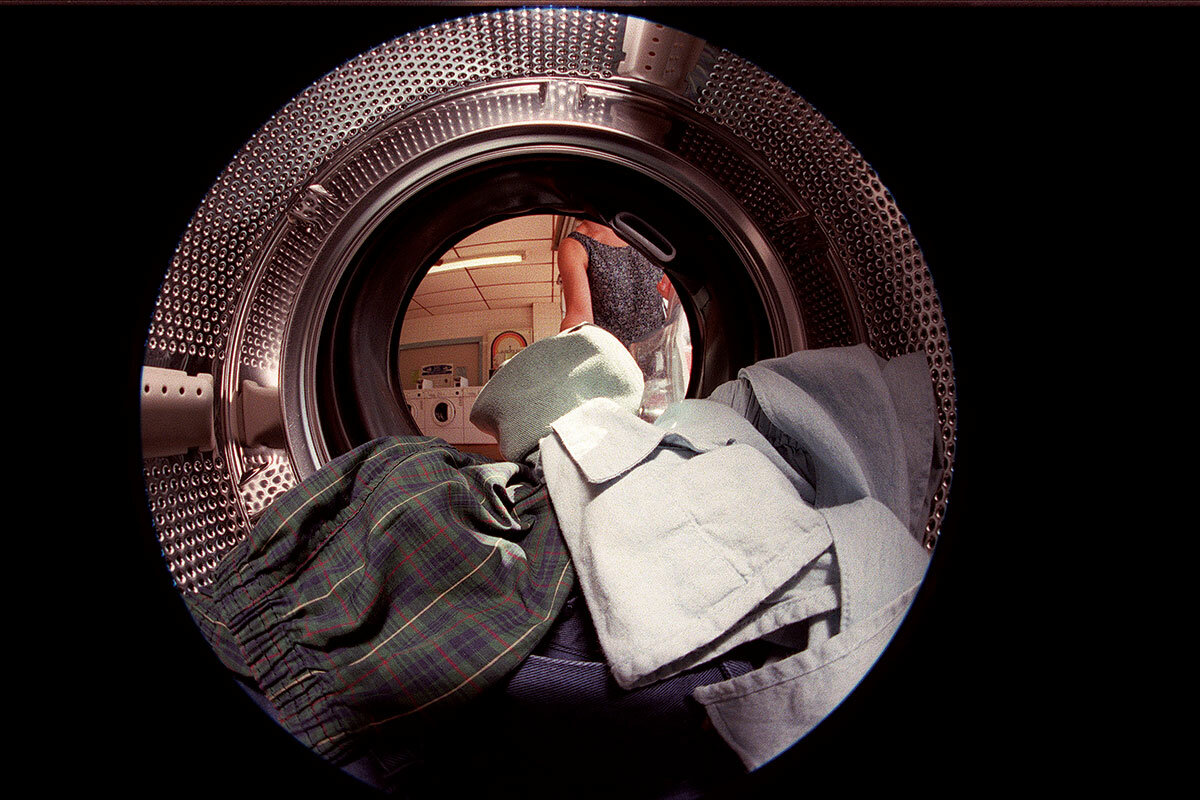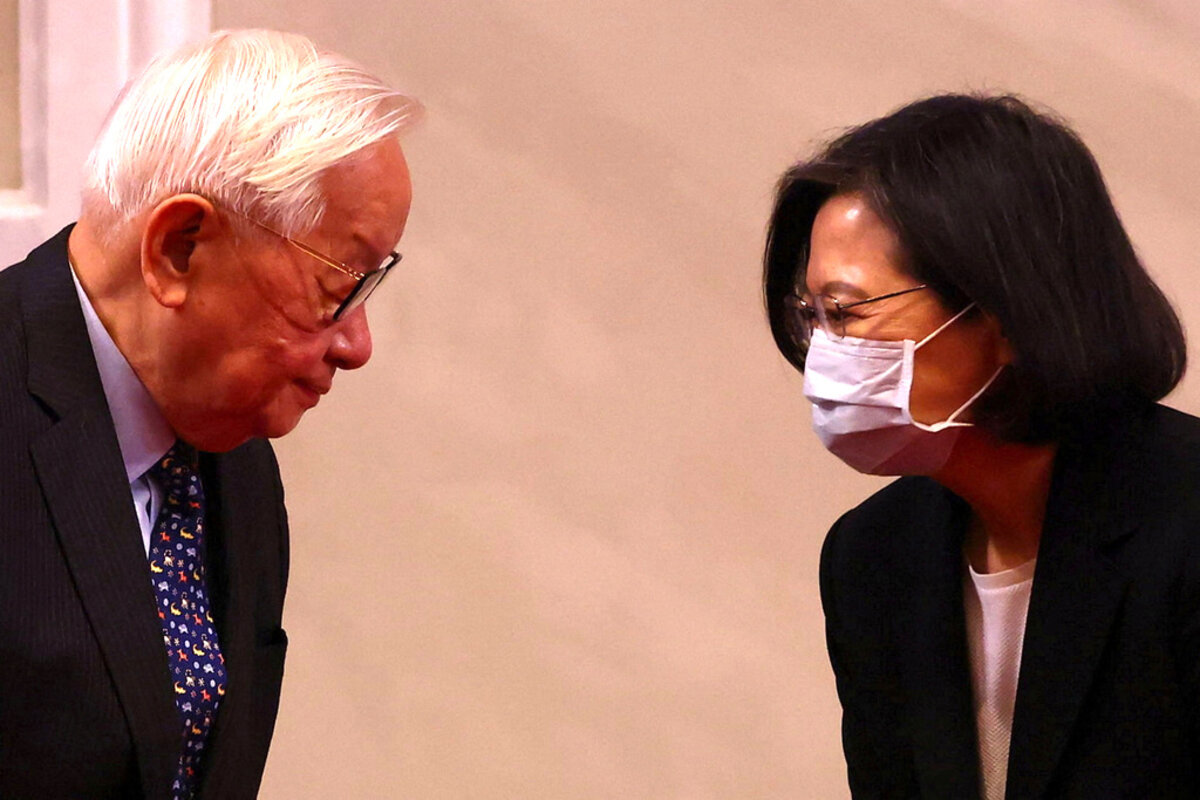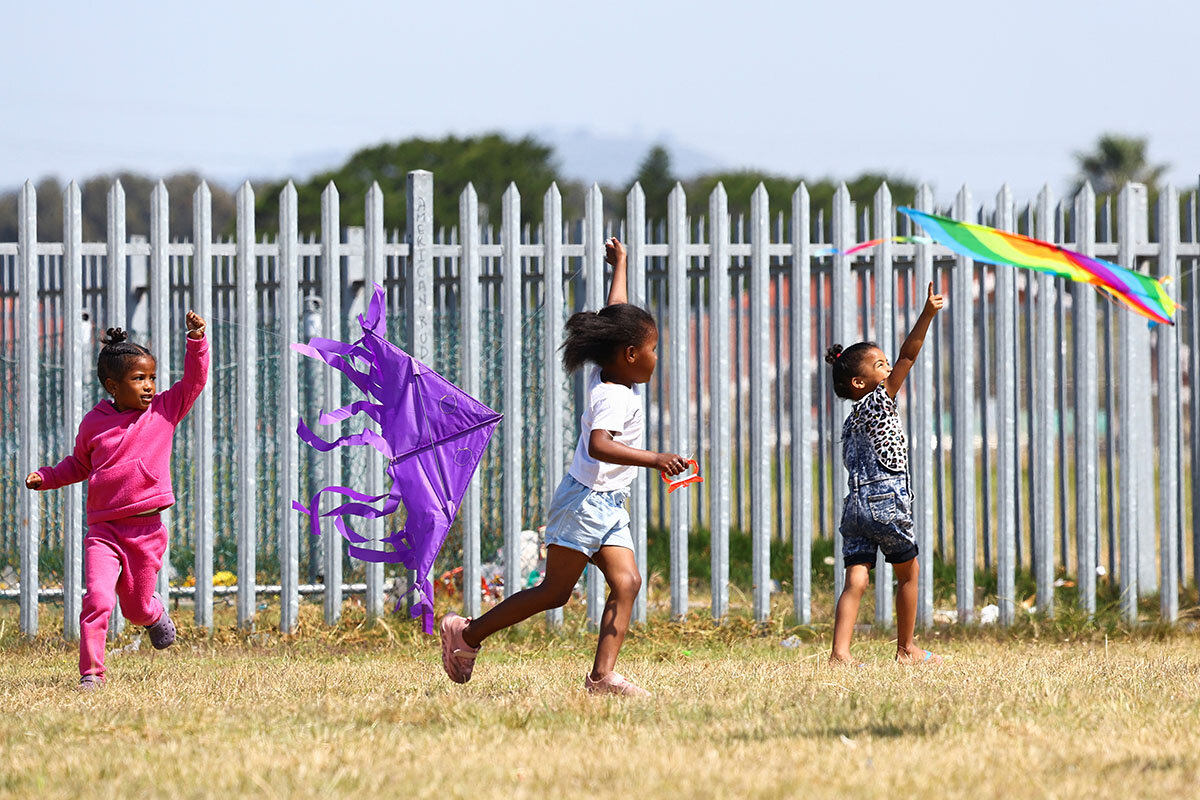The deeper challenge facing Britain has less to do with the fortunes of individual politicians – or even one party – than the health of Britain’s democracy, and the sense of connection between the politicians and those they’re elected to serve.
Monitor Daily Podcast
- Follow us:
- Apple Podcasts
- Spotify
- RSS Feed
- Download
 Stephen Humphries
Stephen Humphries
Yesterday, Philadelphia embraced the start of “Avogeddon.”
A nonprofit named Sharing Excess is giving away 1 million free avocados through Friday in Philly’s FDR Park. First come, first served. Bring your own tortilla chips or plates of toast.
The event is the single largest giveaway by the nonprofit, which delivers 120,000 pounds of food to Philadelphia hunger relief organizations each week. Its motto: “Using surplus as a solution to scarcity.”
Sharing Excess was launched by a college student. Six years ago, Evan Ehlers fretted that the remaining unused credit on his and other student meal cards at the city’s Drexel University would go to waste. He purchased 50 to-go boxes from the cafeteria and delivered the meals to those in need.
“It was actually one of the most meaningful days of my life,” Mr. Ehlers told Philadelphia magazine in 2021. “In a small way I felt like I was making this connection and solving a problem.”
The nonprofit that he and his roommate founded still collects surplus meal credits from students. But its main operation offers a local solution to a much larger problem in the United States.
Each year, over 40% of all food – 108 billion pounds – is wasted, according to the nonprofit Feeding America. When unwanted food degrades, it produces methane. The Environmental Protection Agency estimates that uneaten food produces emissions “equal to the annual CO2 emissions of 42 coal-fired power plants.”
Mr. Ehlers realized that some farmers, wholesalers, and grocery stores don’t have the time or resources to deliver leftovers to food banks. So his organization drives its vans to them. Since 2018, it has rescued fresh food with a total retail value of over $19 million.
Yet Sharing Excess has never dealt with anything like the sudden glut of avocados from South America. It was too much even for the local food banks. The giveaway at FDR Park – featuring Mr. Ehlers in an avocado costume – attracted wait lines of over an hour.
“The word really got out there,” Mr. Ehlers told a local news outlet. “We’ve never had a distribution event like this.”




